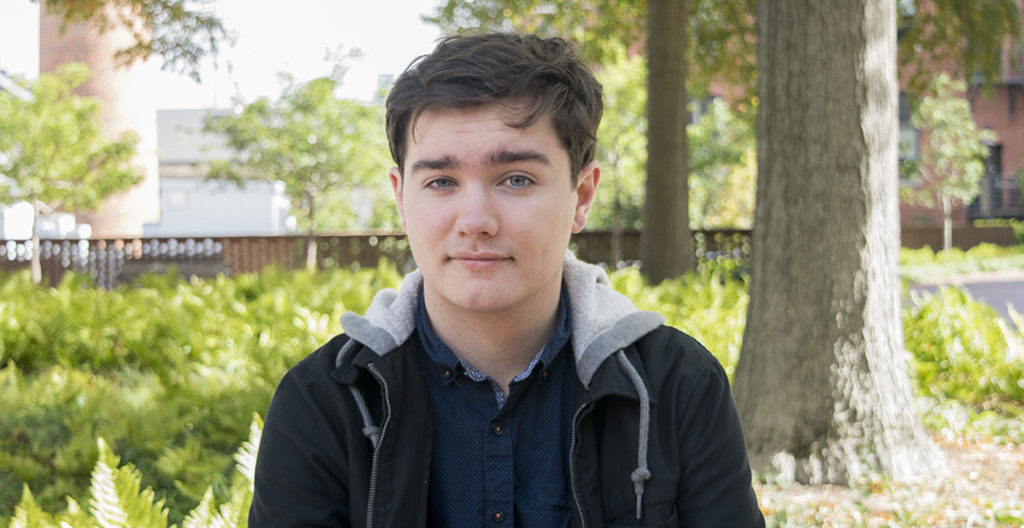
On Sept. 26, 2018, off-duty police officer Amber Guyger stepped into a room that she allegedly thought was her apartment, and fatally shot what she allegedly thought was an intruder.
In reality, she had just stepped into her neighbor’s apartment and fatally shot the resident, Botham Jean, who was simply watching television on his couch.
Just this week, Guyger was convicted of murder for the shooting but recieved a laughably light sentence of just ten years in prison. This tragic incident reminds us that there still remains a spectre looming over the judicial system, that of racial disparity with regards to “justified shootings.”
In trying Guyger, who is white, for the shooting of Jean, who is black, the presiding judge, Tammy Kemp allowed the jury to consider Texas’ “castle doctrine”— a law that permits the use of deadly force by any person so long as they are within their residence, or “castle” — in providing a verdict. Other states have similar doctrines, generally known as “stand your ground” laws.
According to Fort Worth law firm Barnett, Howard & Williams, under the law, a person can claim self-defense in using deadly force if they believe someone to be trespassing or breaking in.
The specifics of the law are still up to the deliberations of the jury — and yet, there remains serious bias in terms of who is exonerated by “stand your ground” and “castle doctrine” laws.
A 2015 study from Washington University found that in cases in Florida where “Stand Your Ground” doctrine was cited in legal proceedings, the shooter was half was twice as likely to be convicted if the victim was white as opposed to if the victim was non-white. In other words, the use of deadly force was found to be justified more frequently if the victim was not white.
This is just a brick in building an entire case of our legal system’s bias against persons of color in America. There are well documented racial disparities in arrest rates, deployments of lethal force and conviction rates. Arguably, this phenomenon represents just one aspect of a much larger issue facing the country.
But simultaneously, the disparity in the application of “stand your ground” doctrine is troubling simply in its nature: the American legal system protects you from the consequences of extrajudicial violence better so long as you have victimized a person of color.
Even mass-media reinforces these behaviors, casting victims of police violence who are persons of color as “thugs,” as though their behavior or manner of dress somehow justifies the action.
Consider the Trayvon Martin shooting, where the shooter’s attorneys publicly released Martin’s texts and photos from his phone in an attempt to portray him as some sort of gang member, demonstrating how Martin had texted others about marijuana usage and references to guns.
Martin’s purported drug usage and talk of guns had nothing to do with the fact that he had been gunned down in cold blood while unarmed, yet media ran with the texts as though they were some justification for what transpired.
That Guyger recieved such a light sentence for the killing of an unarmed black man in his own residence demonstrates the impact of “castle doctrine”. This is not just one case. There are numerous cases of far lesser notoriety where these legal principles are applied selectively — but the Guyger case presents the opportunity to begin again a national discussion regarding a legal system designed to protect its most privileged offenders.
The disparities in stand-your-ground law convictions represent merely a symptom of a fundamentally and intrinsically unjust legal system, and yet the symptom alone presents a compelling argument for dismantling the structure of American justice as it stands.
